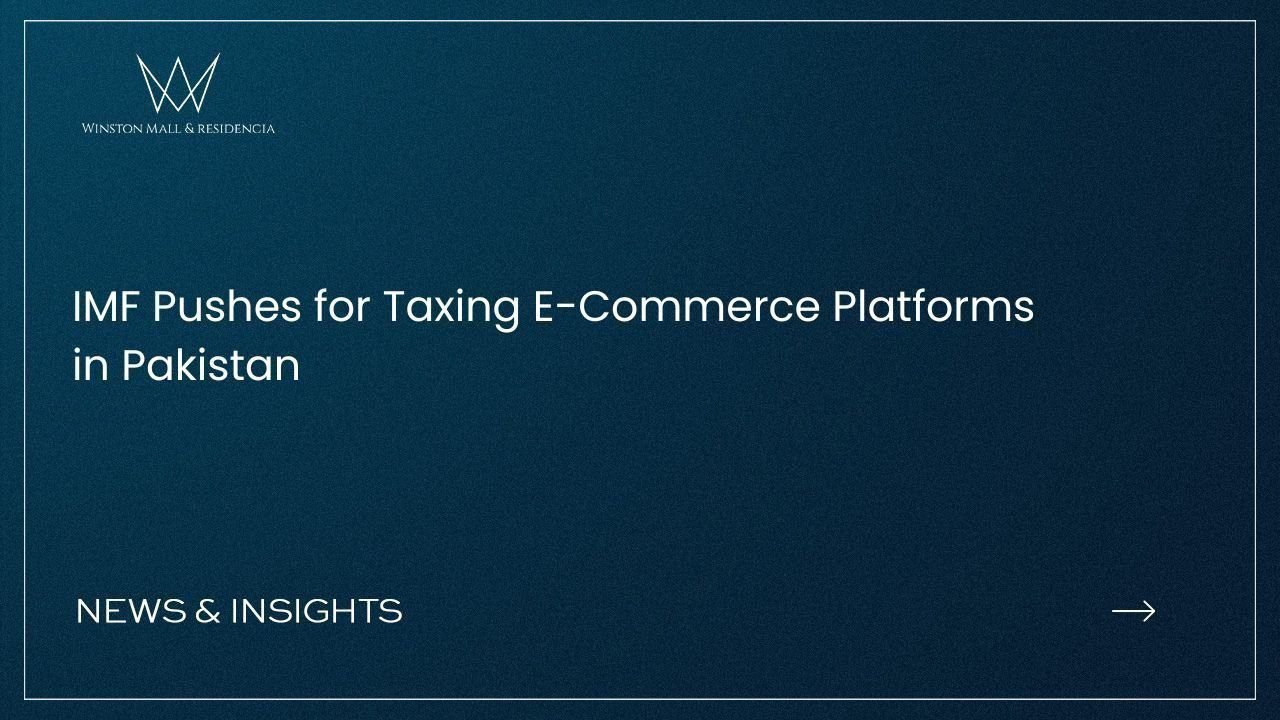Islamabad (Reuters) – In a move that could significantly impact the booming e-commerce sector in Pakistan, the International Monetary Fund (IMF) has recommended imposing taxes on online commerce platforms operating in the country. The recommendation comes as part of the ongoing discussions between Pakistan and the IMF regarding the nation’s economic policies and future roadmap.
During the recent review of Pakistan’s economic performance under the IMF program, deliberations were held on exploring new avenues for revenue generation. One of the key proposals tabled by the IMF involves subjecting digital platforms facilitating online sales to taxation.
Read More: Chinese Military to Participate in Pakistan National Day Parade, Hiking Trails Closed in Islamabad
According to the proposed plan, e-commerce platforms playing a pivotal role in facilitating online transactions would be liable to pay taxes on the sales conducted through their platforms, even if the platforms themselves are not based in Pakistan. This could potentially take the form of a sales tax or a value-added tax (VAT) on online purchases.
The rapid growth of e-commerce in Pakistan, fueled by the increasing adoption of digital technologies and changing consumer behavior, has prompted the IMF to explore ways to tap into this burgeoning market for revenue purposes.
While the details of the proposed taxation measures are yet to be finalized, the recommendation has sparked debates among stakeholders, with concerns being raised about the potential impact on consumer prices and the overall competitiveness of the e-commerce sector.
Winston Mall: please contact +92-314-5166334 or visit https://winstonmall.com/



